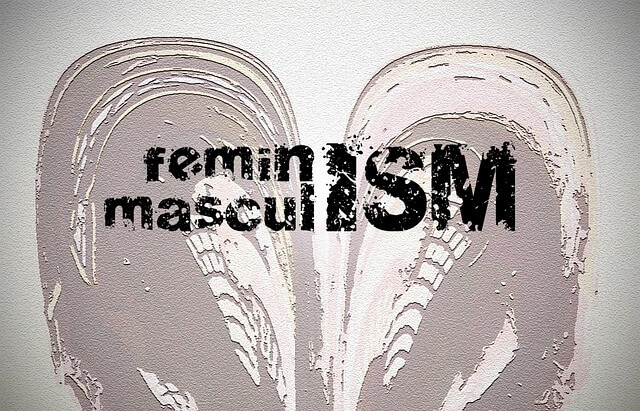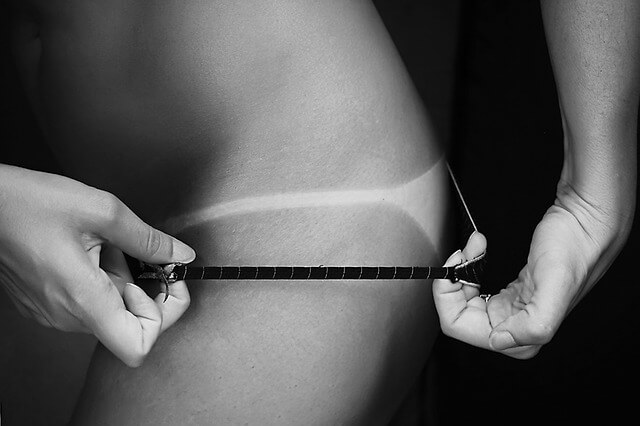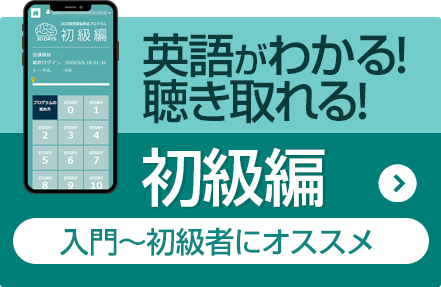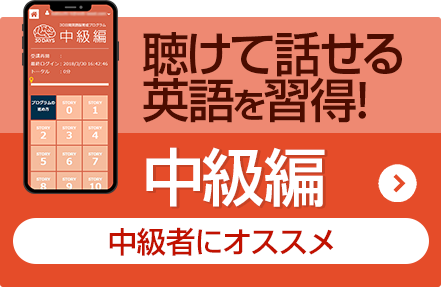- 30日間英語脳育成プログラムTOP ›
- 英話を話す100のヒントTOP ›
- 文法・単語・読解のヒント ›
- 英文読解“To Be Brief”
- 関東学院大学文学部
意訳があるからスラスラ読める!英文読解に挑戦!
意訳日本語付きの英文を読んで、英語圏の文化や英語表現、文法を学ぼう!
[1]
There is a type of student that I particularly like. (I will use the pronoun "he" to describe this type of student, not from sexism but because this type of student is always male.) The English proficiency of this type is very low and his vocabulary extremely limited. However, he expresses himself in English seriously and actively, sure that he is making sense.
◎sexism「性差別」 proficiency「熟達」 make sense「意味がわかる」
●意訳
私が好きな学生のタイプは(その学生を"he"で表すのは性差別ではなく、そういうタイプの学生はいつも男性だからです)、英語力が低くて語彙力が限られていても、相手にわかってもらおうとまじめに積極的に英語で表現する学生です。

[2]
I had such a student in a Writing class a few years ago, where he revealed very strong opinions regarding underwear. The subject came up during a test that simulated the writing section of TOEFL: students had to answer an essay question within a time limit without dictionaries. The question was, "If you could change one thing about this university, what would you change, and why?"
◎come up「(問題などが)生じる」 simulate「模擬実験をする」
●意訳
2~3年前のライティングクラスにそのような学生がいました。その学生は下着についての意見を強く述べていました。 それはTOEFLのライティングセクションの模擬テストでのできごとでした。学生は辞書なしに限られた時間でエッセーの質問に答えなければなりません。質問は「もしこの大学で何か1つ変えられるとしたら、何を変えますか。それはなぜですか。」
[3]
My favorite student’s essay began:
"We don't need briefs. In my opinion, the school should not force us briefs!"I was very surprised to read this for two reasons. First, I was not aware that the university had a policy on what type of underwear male students must wear. Second, I hadn't imagined that anyone could be so passionate about this issue. However, as I read on, his passion only grew:"I did not enter this university for briefs! I entered here for English! Briefs don't help us with a career!"
◎brief「ブリーフ」
●意訳
私のお気に入りの学生の作文は次のように始まっていました。「ブリーフ(briefs)は必要ありません。学校はブリーフ(briefs)を強制すべきではありません。」私は2つの点で驚きました。1つめは、大学に、男子学生の下着に関する方針があったこと。2つめはこのようなことに、こんなにも情熱をもつ人がいたことです。先を読むと学生の情熱はさらに高まります。「私はこの大学にブリーフ(briefs)のために入ったのではありません。英語のために入りました。ブリーフ(briefs)は就職の助けになりません。」

[4]
The writer's anti-briefs position was crystal-clear. But, was he pro-boxer shorts? He made no mention of other types of underwear. Perhaps he felt that men should not wear any underwear at all? In addition, I wondered "how" the university enforced the briefs-only policy…
◎pro-「賛成の、支持の(⇔anti-)」
●意訳
筆者の反ブリーフ(briefs)の立場は明瞭でしたが、ボクサーショーツ派なのでしょうか。他の下着の種類については何も書いていませんでした。男性は下着を着けない方がいいと思っているのでしょうか。大学は、どうやってブリーフ(briefs)だけの方針を施行しているのでしょうか。

[5]
In closing, he noted, "To sum up, we don't need study Jesu Crist." Then it hit me: "Beliefs!" We don't need "beliefs". Meaning, "religious" beliefs…such as the mandatory class on Christian culture.
I was relieved to have solved the mystery. However, I also felt a little let down. Inspired by his passion, I was ready to join him on his campaign against this violation of male students' freedom of choice.
◎mandatory「必須の」 let down「緊張を緩める」 inspire「~に影響を与える」 violation「侵害」
●意訳
最後にこう書かれてました。「要するにイエス・キリスト(Jesus Christ)を学ぶ必要はありません。」やっとわかりました。信仰(Beliefs)でした。信仰(Beliefs)は必要ない、つまりキリスト教文化に関する必修科目のような宗教的信仰(religious belief)は必要ない、という意味でした。
私は謎が解けてほっとしましたが、少し気が抜けました。学生の情熱に触発されて私は男子学生の選択の自由の侵害に反対する運動に加わるところでした。
<語注&要旨 佐々木彩子/神奈川大学非常勤講師>
- Joe Mckim
- 関東学院大学文学部准教授。専門は英語学、英語教育法。米国イリノイ州出身。1990年に明治学院大学を経て現職に就く。研究テーマ:Learners’ planning processes for second-language speaking and writing tasks Second-language test-taking strategies




